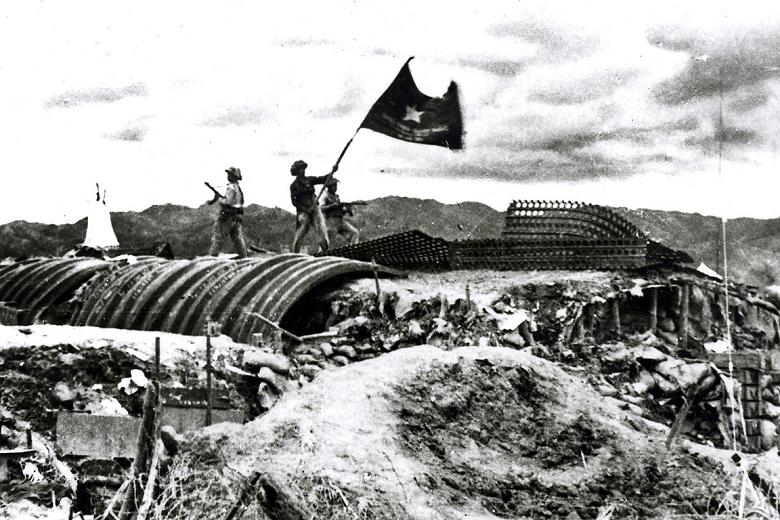
The purpose of this course is to place the wars in Vietnam in a fuller regional and international perspective in order to understand their course, outcomes and consequences. Hence, this will involve not just studying the internal dynamic of conflict within Vietnam, as first French colonialism was met with nationalist and Communist resistance, and then from c. 1958/9 when insurgency in the southern part of Vietnam eventually triggered wholesale US intervention, but the involvement and interests of other major powers, including the Soviet Union and China. There will also be a need to examine the relationship between developments in Vietnam and the rest of South East Asia the connections between the wider Cold War and events in Vietnam, and decision-making on the part of the Vietnamese Communists. Although it will necessarily be important to look at US policies and attitudes, the general aim of the course is to encourage students to depart from a ‘Washington-focused’ perspective and consider the wars in Vietnam as multifaceted, where the interaction of different actors, ideologies, and agendas produced either destructive conflict or moves toward negotiated settlements (as in 1954 and 1970-73).
